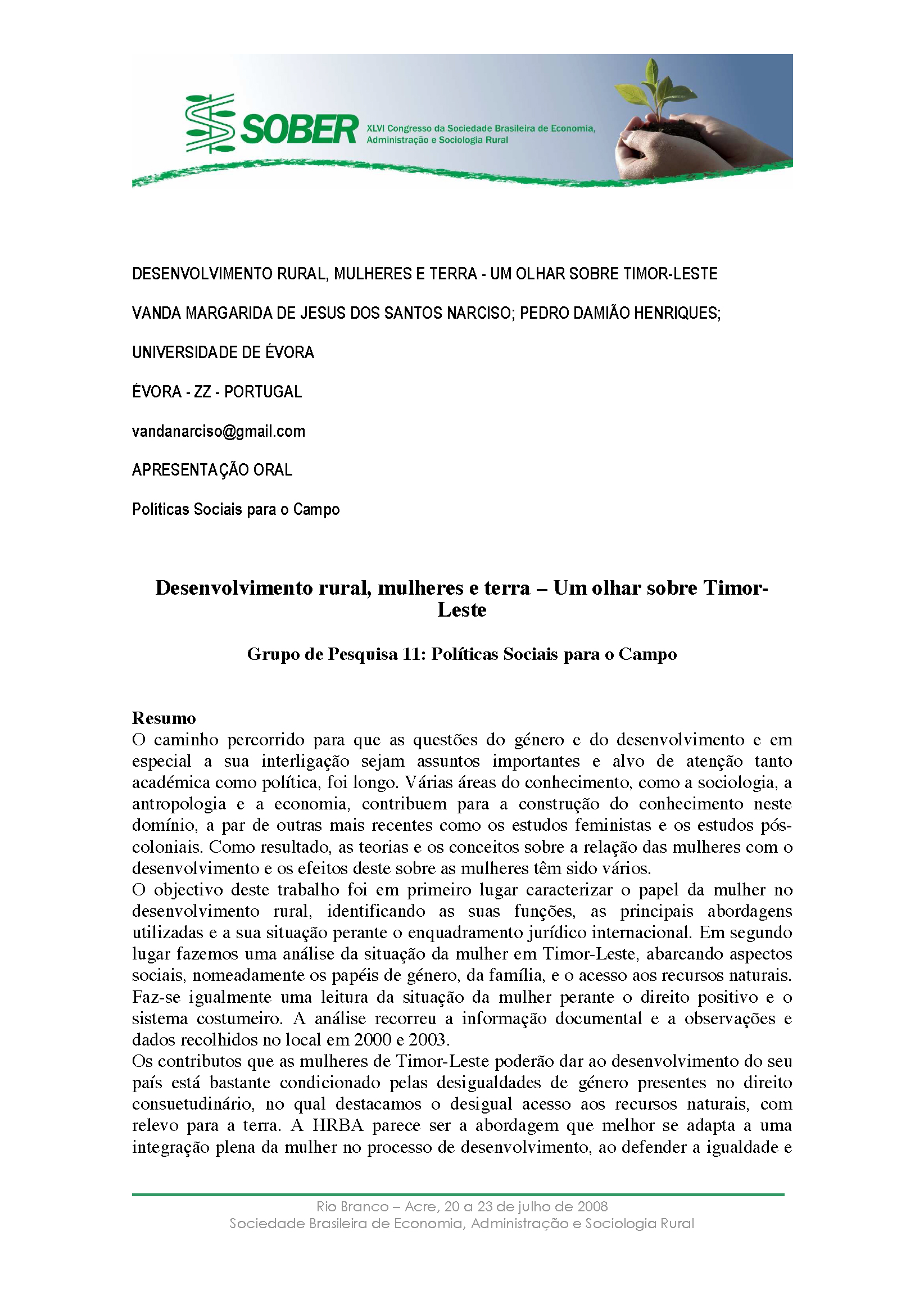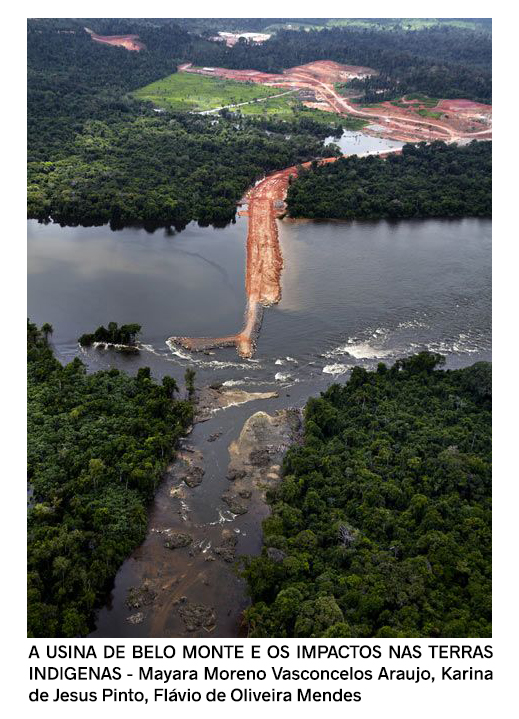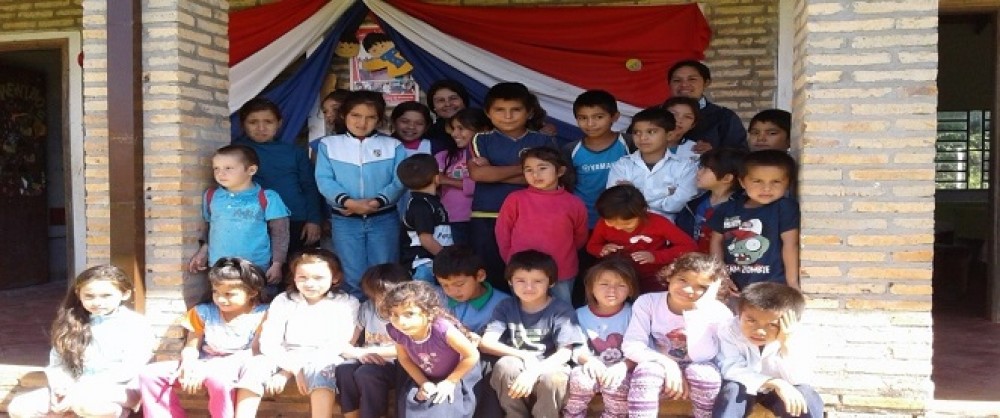Governing the Commons
The governance of natural resources used by many individuals in common is an issue of increasing concern to policy analysts. Both state control and privatisation of resources have been advocated, but neither the state nor the market have been uniformly successful in solving common pool resource problems. Offering a critique of the foundations of policy analysis as applied to natural resources, Elinor Ostrom here provides a unique body of empirical data to explore conditions under which common pool resource problems have been satisfactorily or unsatisfactorily solved.








